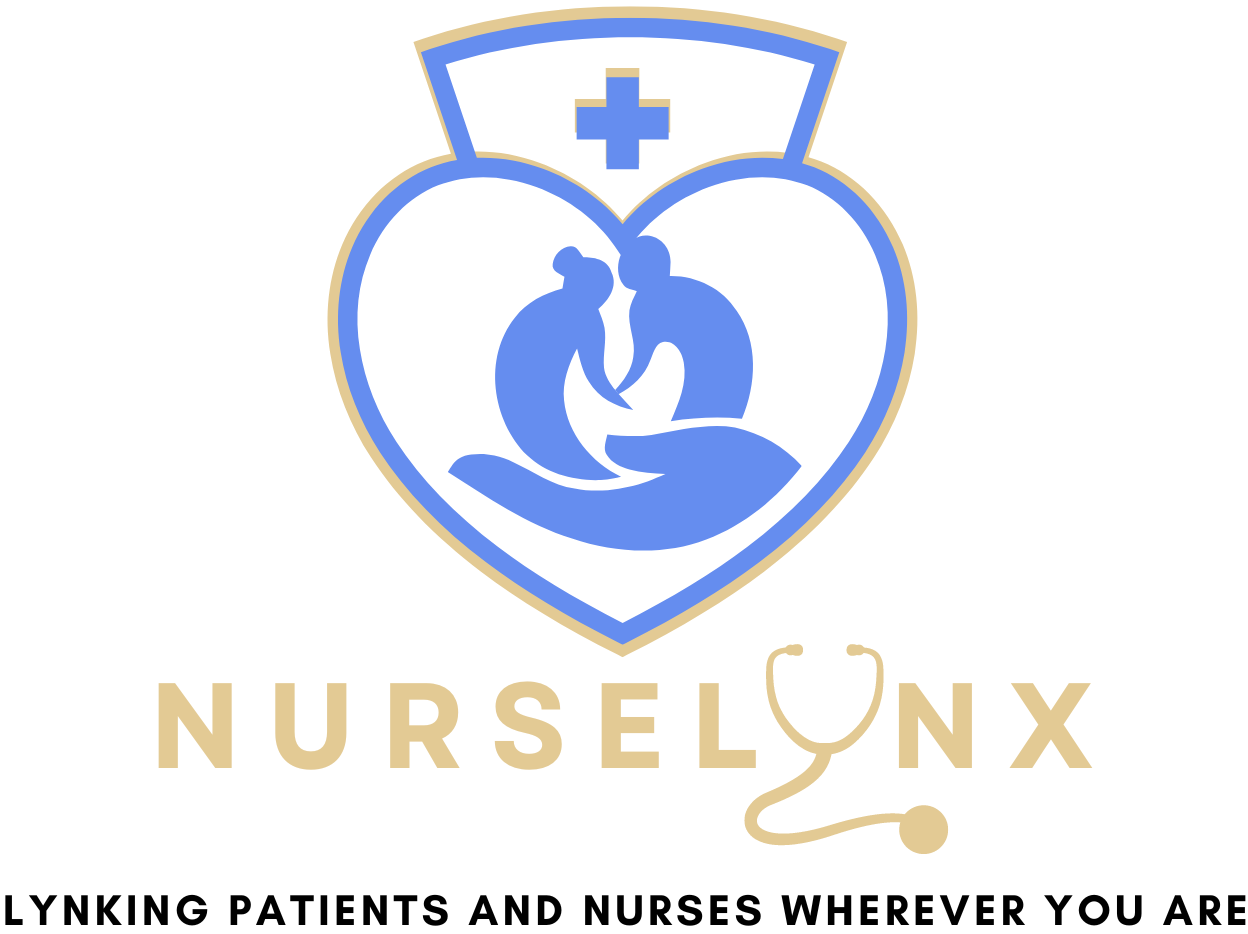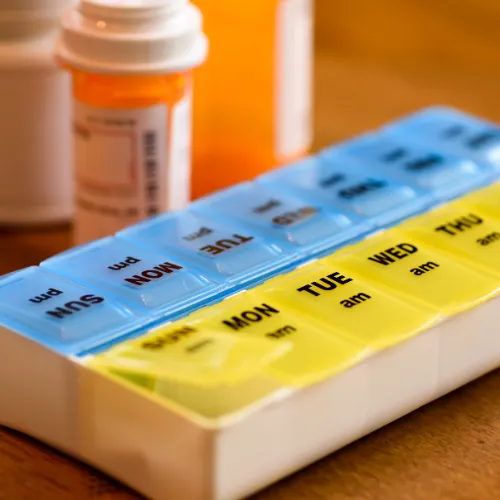Effective medication management is a crucial component of home care, ensuring that individuals receive the correct medications at the right times. Proper medication management in home care settings can significantly improve health outcomes, prevent complications, and enhance the quality of life for patients. This blog will explore the importance of medication management, common challenges, and practical strategies to ensure medication safety and efficacy.
Why Medication Management Matters
Managing medications at home can be complex, especially for individuals with chronic conditions or multiple prescriptions. Incorrect medication usage can lead to serious health issues, including adverse drug reactions, hospitalizations, and decreased effectiveness of treatment plans.
Key Benefits of Medication Management
Improved Health Outcomes
- Ensuring that medications are taken correctly helps manage chronic conditions and prevent complications.
Reduced Hospitalizations
- Proper medication adherence reduces the risk of hospital admissions due to medication errors or non-compliance.
Enhanced Safety
- Medication management reduces the risk of adverse drug interactions and side effects.
Increased Independence
- Effective medication management allows individuals to remain independent and manage their health conditions at home.
Better Quality of Life
- Proper medication use leads to better overall health and well-being.
Challenges in Medication Management
Despite its importance, managing medications at home comes with several challenges. Understanding these challenges can help caregivers develop effective strategies to overcome them.
Complex Medication Regimens
Many individuals, especially seniors, have complex medication regimens with multiple prescriptions taken at different times.
Memory Issues
Cognitive decline or memory problems can make it difficult for individuals to remember when and how to take their medications.
Lack of Understanding
Patients may not fully understand their medication instructions or the importance of adherence.
Physical Limitations
Physical impairments, such as arthritis or vision problems, can hinder an individual’s ability to manage medications properly.
Strategies for Effective Medication Management
Implementing effective strategies can help ensure that medications are managed correctly and safely in home care settings.
Create a Medication Schedule
Develop a clear and easy-to-follow medication schedule. Use pill organizers or medication management apps to keep track of doses and times.
Educate Patients and Caregivers
Ensure that both patients and caregivers understand the purpose, dosage, and potential side effects of each medication. Provide written instructions and demonstrations if necessary.
Use Medication Reminders
Set up reminders using alarms, phone notifications, or wearable devices to prompt individuals when it’s time to take their medications.
Simplify Medication Regimens
Work with healthcare providers to simplify medication regimens where possible. This might include combining medications or adjusting times to reduce complexity.
Regular Medication Reviews
Conduct regular medication reviews with healthcare providers to assess the effectiveness, adjust dosages, and discontinue unnecessary medications.
Role of Professional Caregivers in Medication Management
Professional caregivers play a vital role in ensuring proper medication management. They provide support and oversight to help individuals adhere to their medication regimens.
Medication Administration
Caregivers can assist with administering medications, ensuring that the correct dosages are taken at the right times.
Monitoring and Reporting
Caregivers monitor for any adverse reactions or side effects and report concerns to healthcare providers for timely interventions.
Education and Support
Caregivers educate patients and family members about medications and provide ongoing support to encourage adherence.
Technology in Medication Management
Advancements in technology have introduced innovative solutions to support medication management in home care settings.
Medication Management Apps
These apps help track medication schedules, set reminders, and provide information about medications.
Smart Pill Dispensers
These devices dispense the correct medication at the right time and alert caregivers if doses are missed.
Telehealth Services
Telehealth services enable remote consultations with healthcare providers to discuss medication management and address any issues.
Conclusion
Medication management in home care settings is essential for improving health outcomes and ensuring the safety and well-being of individuals. By implementing effective strategies, utilizing technology, and leveraging the support of professional caregivers, you can ensure that medications are managed correctly. For more information on how professional caregivers can assist with medication management, visit Nurse Lynx Home Care & Staffing Services.
Explore our Google business profile for more details and customer reviews.



